At the start of New York Fashion Week, designer Ralph Lauren chose to open the season’s runway show in an unusual setting. Instead of the traditional runway, the collection was presented inside Ralph’s Coffee, a coffee-shop pop-up inside the designer’s Manhattan store. Models walked through the café while attendees sat at tables, sipping coffee and eating breakfast. Taking the experiential concept one step further, the café remained open for an additional few days following the show, so everyday consumers not in attendance during fashion week could enjoy the unique atmosphere.
It’s not just haute couture designers who are thinking outside the normal retail box. Special events such as exercise classes, pop-up libraries, guest speakers, mixers and in-store dining options are becoming increasingly popular offerings for consumers across the country. Consumers are looking to explore and feel more connected to the products they’re buying. Experiences help consumers understand and identify with a particular brand, prompting return visits.
Here, we break down some unique experiential concepts currently in retail:
3 Arts Café at Restoration Hardware (Chicago)
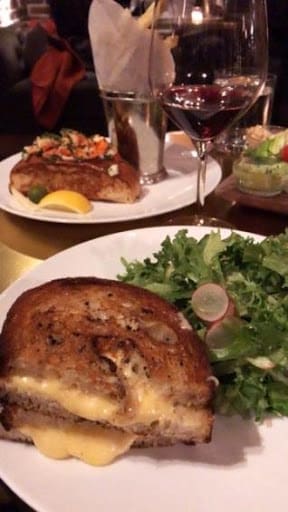
New shoppers to the Restoration Hardware location are likely surprised to discover the restaurant and might be more inclined to treat themselves to lunch or dinner, especially if they’re out shopping with others and want the full social experience. It’s doubtful every visit leads to a purchase or a meal, but it does increase the retailer’s presence to a broader group of consumers.
#DoingThings with Outdoor Voices (Nationwide)
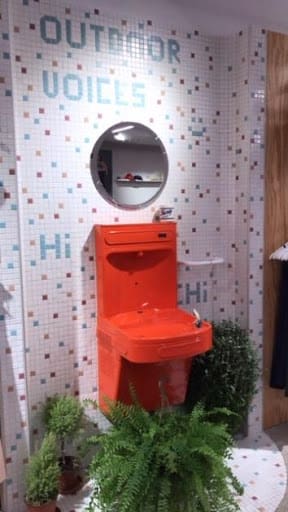
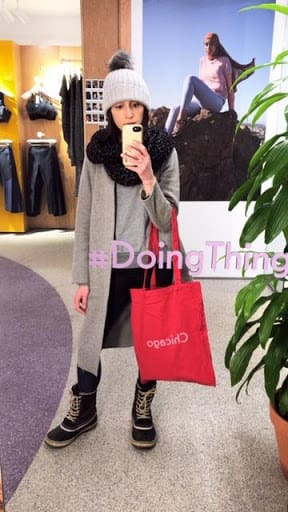
Sweating and shopping at Bandier (New York City)
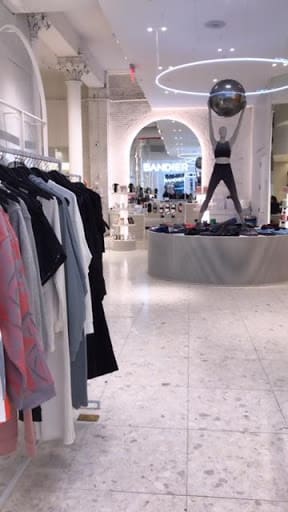
Consumers can visit the Bandier store a few blocks away and pick up a new pair of sneakers or sports bra and head to class, putting their gear to action. In some ways, Bandier is offering shoppers a sort of test-and-learn opportunity, proving their products do what they’re designed to.
Hudson Yards: The next evolution of malls (New York City)
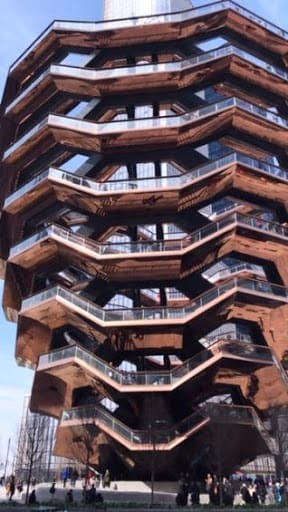
Hudson Yards is a departure from the typical mall and features concepts seemingly designed for Instagram. The Conservatory, a store touting products from a number of brands across categories, offers consumers a way to “shop online, in real life.” Shoppers can browse products from over 50 brand products and make purchases in a consolidated manner by way of The Conservatory website. Customers must create an account with the store, and then can add items to their cart and purchase in one transaction, while receiving order updates directly from the brands.
What we think
The possibilities are seemingly endless for experiential retail, with collaborations across fashion, technology and food. Experiential retail evolves the traditional relationship buyers have with sellers. This concept makes the shopping process more meaningful and personal, which in an increasingly competitive retail landscape, is crucial for fostering future loyalty. Consumers have endless options to choose from when it comes to deciding where to shop. Innovative experiences give consumers more reason to consider shopping at a particular retailer or buying a particular product over another.
Additionally, the truly special, “share worthy” experiences that compel a consumer to not only participate, but share with others, helps reach more consumers and potential customers. Expect to see more retailers – brick-and-mortar and direct-to-consumer – innovate new experiences in-store, online and through social media.








































